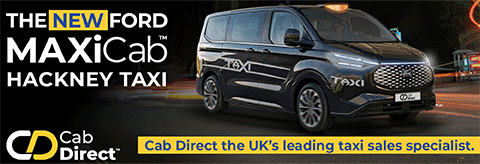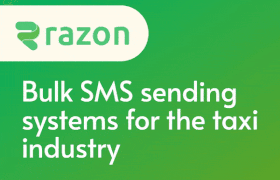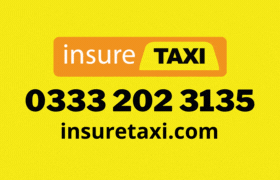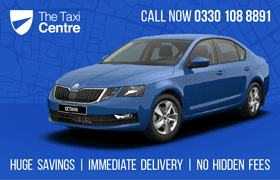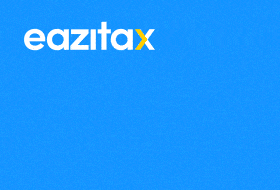UK BOLT WINS TOUR OPERATORS MARGIN SCHEME VAT HEARING AS HMRC APPEAL DISMISSED
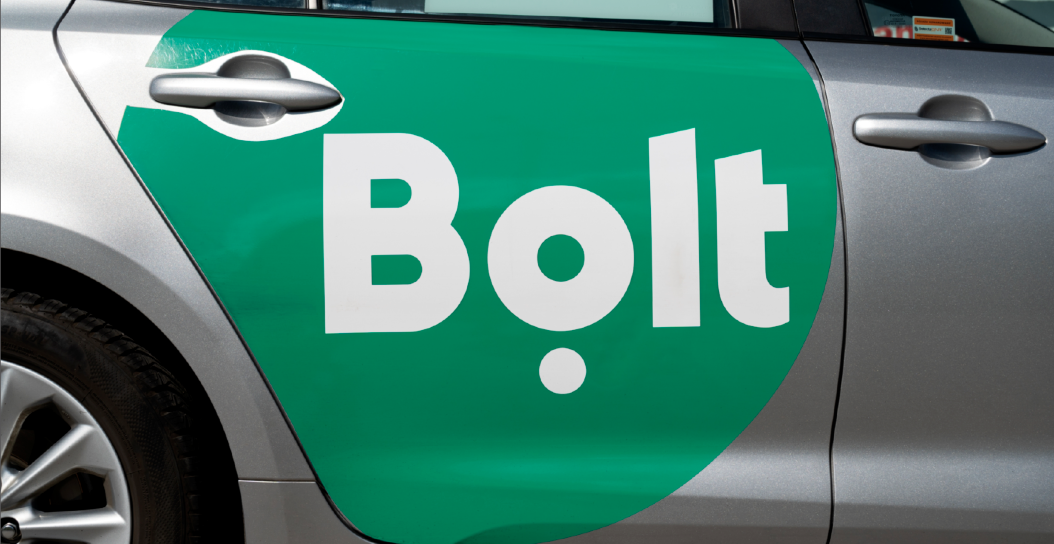
On 24 March the Upper Tribunal of the Tax and Chancery chamber rejected HMRC’s appeal to block ride sharer Bolt from using the Tour Operators Margin Scheme.
The case centred on whether Bolt’s app-based services, where it acts as principal in supplying transport from self-employed drivers, should qualify under TOMS.
The driver remains independent, so Bolt is not the principal in the transaction and therefore not responsible for full VAT. This means Bolt need only charge VAT on its margin, and not the whole service, thus reducing VAT.
Bolt won an initial victory in 2023 when the tax tribunal ruled that “mobile ride-hailing services” should be covered by TOMS.
However, HMRC’s appeal at the Upper Tribunal was dismissed, although it is now considering a further challenge in the Court of Appeal.
A spokesman said: “The Government is carefully reviewing the tribunal’s decision and will consider next steps.”
A Bolt spokesman said: “We welcome the court’s decision, which reaffirms that Bolt’s use of the Tour Operators’ Margin Scheme is fully compliant with UK tax law.
“This is a win for the 100,000 driver-entrepreneurs who earn through our platform, and the millions of passengers who depend on affordable and accessible transport.”
Jonathan Main, VAT and indirect tax partner at MHA Chartered Accountants said: "This is the latest refuelling stop in a taxi ride which began in 2021 at The Supreme Court, concerning the worker status of Uber drivers. We have since driven past a London landmark on the TfL licensing requirements for private hire operators, again with Uber at the wheel.
"The Uber journey is headed back to The Supreme Court for a second time in July this year, this time to determine the licensing requirements for private hire operators outside London.
"The Uber litigation about worker status and particularly licensing requirements has caused London-centric operators to rethink their VAT status, as TfL requires operators to act as principal not agent when passengers use its ride hailing services.
"In 2022 Bolt implemented a VAT structure known as the Tour Operators Margin Scheme (TOMS), which reduced its VAT bill to the margin between the amount paid to the driver and the amount charged to the passenger.
"In a landmark judgement of the Upper Tribunal today, Bolt has successfully defended its preferred VAT position against continued challenge from HMRC. This will be a huge boost to Bolt and no doubt any other operator licensed by TfL.
"However, for operators licensed by local authorities other than TfL, the Bolt decision has little impact. Local authorities continue to issue licences which permit operators to act as the driver’s agent and in the unlikely event that a taxi driver earns income above the VAT registration threshold, the driver is required to pay VAT.
We await the licensing decision of the Supreme Court hearing in July for the future of taxi licensing and operators’ VAT bills outside London."
Read another story
- DUMPHRIES AND GALLOWAY COUNCIL REVIEWING ACCESSIBLE TAXI ACCESS ACROSS REGION
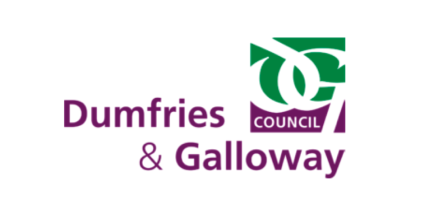
Dumfries and Galloway Council is exploring ways to improve access to taxis and (WAVs) following the findings of an independent survey carried out on behalf of the council.

- HAVE YOUR SAY ON WARRINGTON TAXI LICENSING POLICY CHANGES
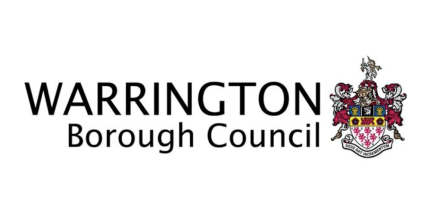
Warrington Borough Council is inviting drivers and members of the public to take part in a consultation on proposed changes to its taxi licensing policy.

- HUNTINGDONSHIRE PRIVATE HIRE LICENCES SUSPENDED AMID SAFETY CONCERNS

Huntingdonshire District Council (HDC) has revealed a concerning number of driver convictions, road traffic accidents, and vehicle defects within its private hire sector, leading to multiple licence suspensions and revoc

- NORWICH BLACK CAB DRIVERS SEEK FAIRER FARES DESPITE PROPOSED INCREASE
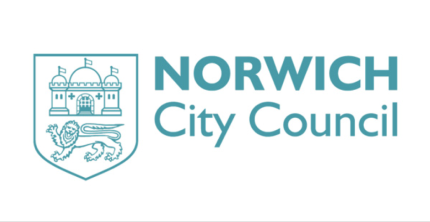
Norwich City Council's proposal to increase hackney carriage tariffs has been welcomed by black cab drivers, but they argue that they still lag behind private hire firms in earning potential.

- POLICE APPEAL FOR WITNESSES AFTER SHREWSBURY TAXI DRIVER ATTACKED

"A taxi driver was pushed and then grabbed around the throat by a man outside of his car," confirmed a police appeal.

- TFL APOLOGISES FOR LICENSING DELAYS LEAVING PRIVATE HIRE DRIVERS STRANDED
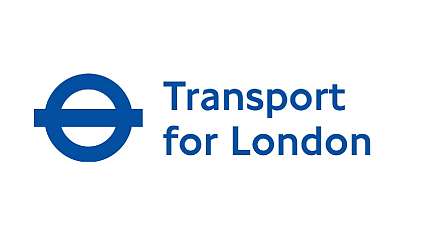
The delays, attributed to issues with a new online system, have caused substantial disruption, with some drivers waiting months for their licences.

- STOKE FIRM APOLOGISES AFTER DRIVER TAKES TODDLER AND LEAVES MOTHER BEHIND

The incident, involving Magnum Private Hire, occurred on 22 March, after the mother booked a ride for herself, her baby, and her toddler.

- GRIMSBY TAXI TARGETED IN BRICK ATTACK LEAVING PASSENGERS SHAKEN
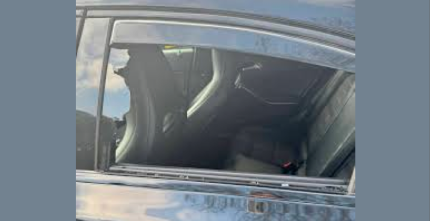
The incident, which occurred at approximately 3:30pm at the junction of Durban Road and Humberstone Road, left a rear window shattered and occupants "extremely shaken," according to witnesses.

- UBER LAUNCHES IN NORWICH SPARKING MIXED REACTIONS

Uber announced its arrival stating it would "give passengers greater transport options" and "provide new earning opportunities for local drivers."

- TFL SETS OUT NEW PLAN TO SUPPORT TAXI TRADE PH INDUSTRY AND PASSENGERS OVER COMING YEARS
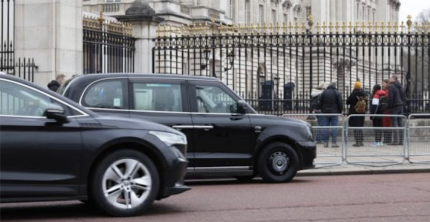
The new Taxi and Private Hire Action Plan sets out a number of bold actions that will help to make positive changes in these industries and enable it to continue to provide excellent services for Londoners

- NORTHERN IRELAND MINISTER LAUNCHES CLASS C TAXI LEGISLATION REVIEW

Northern Ireland's Infrastructure Minister, Liz Kimmins, has announced a phased review of taxi policy and legislation, beginning with Class C taxi licensing, which includes wedding cars and Uber.

- NEWPORT MAN AVOIDS JAIL AFTER BRUTAL WINE BOTTLE ATTACK ON TAXI DRIVER
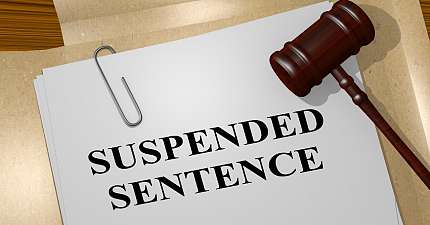
The incident, which occurred in Abergavenny on 27 February, 2021, also saw Griffiths "charge like a bull" at a police officer attempting to arrest him, punching him in the head.

- AYR TAXI DRIVER ORDERED TO UNDERTAKE TRAINING AFTER TELLING TEENAGER TO 'DROP DEAD'

The teenager alleged that driver Dennis Nutt had been rude and dismissive during the journey, referring to a "junkie" over the radio, which she believed was directed at her.

- HEREFORDSHIRE TAXI DRIVERS ACCUSED OF CHARGING DOUBLE FOR COUNCIL SCHOOL CONTRACTS

Herefordshire cabbies are reportedly earning huge sums from council school contracts, leading to claims they are neglecting other fares and leaving residents without nighttime taxi services.

- KENT TAXI FIRMS ATTEMPT TO DEFRAUD COUNCIL OF NEARLY £30,000 IN UNMADE SEN SCHOOL TRIPS

The home-to-school transport (HST) service, which caters to approximately 6,000 special needs pupils and costs Kent taxpayers around £70 million annually, has become a target for fraudulent activity.

- TAXI DRIVER FILMED STUMBLING AND SLURRING AT PETROL STATION CHARGED WITH REFUSING BREATH TEST
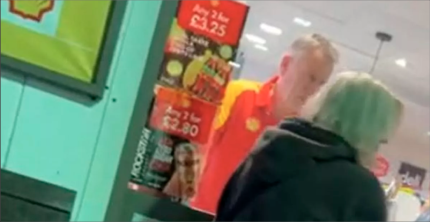
The incident, captured on video and obtained by CornwallLive, shows the woman attempting to purchase tobacco after crashing her taxi into forecourt bollards.

- HYNDBURN COUNCIL EYES END TO IN-HOUSE TAXI MOTS AMID DRIVER COMPLAINTS
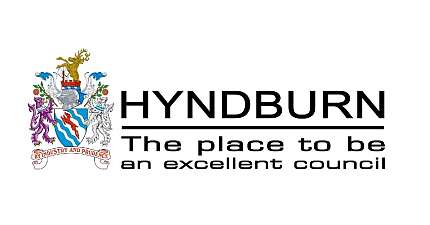
The proposal aims to provide more choice and flexibility for the taxi trade, support local garages, and stimulate competition to potentially offer better value for money services.

- PRIME MINISTER TELLS COUNCILS TO PROVE ACTION ON POTHOLES TO UNLOCK EXTRA CASH
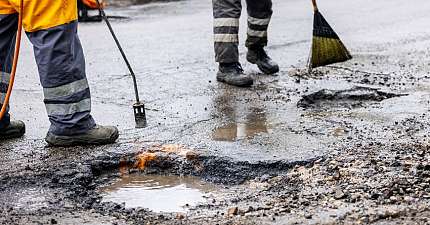
From mid-April, local authorities in England will start to receive their share of the Government’s record £1.6bn highway maintenance funding, including an extra £500m - enough to fill 7 million potholes a year.

- CONSULTATION LAUNCHED ON PROVISION OF TAXIS AND PRIVATE HIRE CARS IN GLASGOW
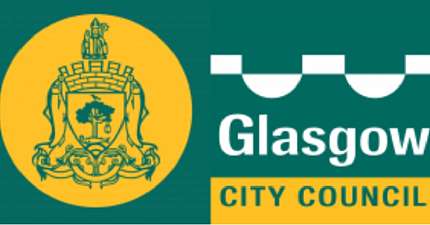
Business leaders, and particularly the nighttime economy trade, have expressed concern about the availability of cars at night and weekends which can deter people from visiting Glasgow city centre at night.

- MANCHESTER AIRPORT TO IMPLEMENT BARRIER FREE PICK UP AND DROP OFF SYSTEM
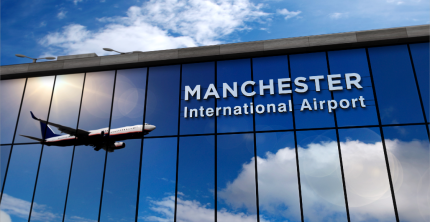
From 26 March to 2 April, exit barriers at the airport's payment zones across Terminals 1, 2, and 3 will be removed.


